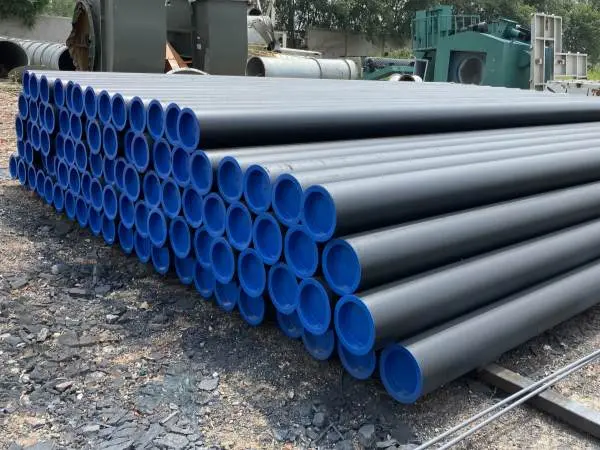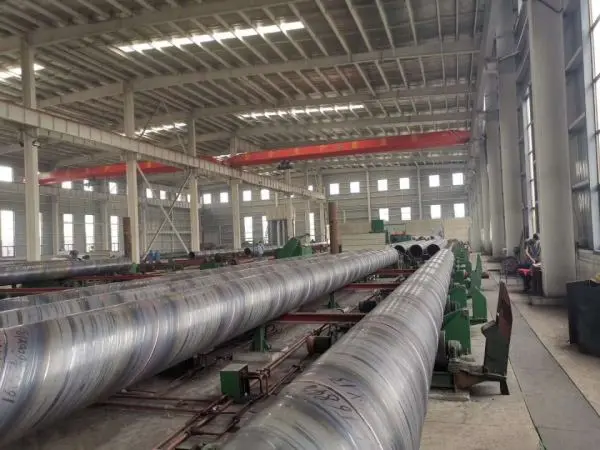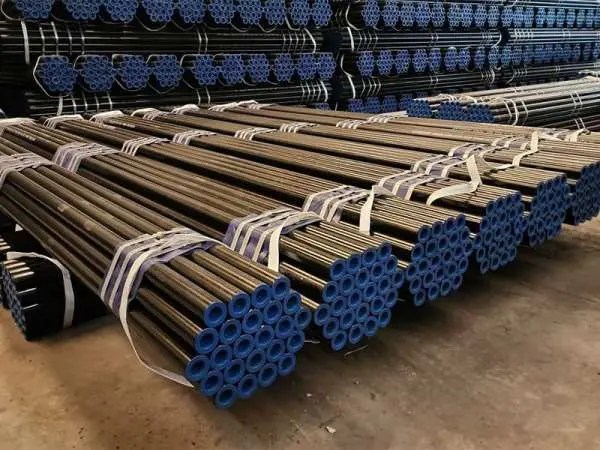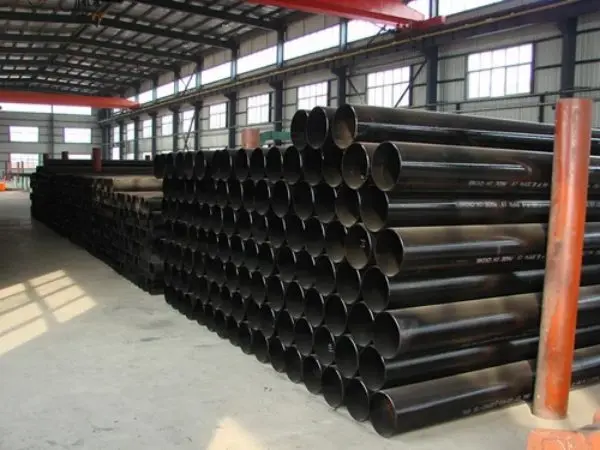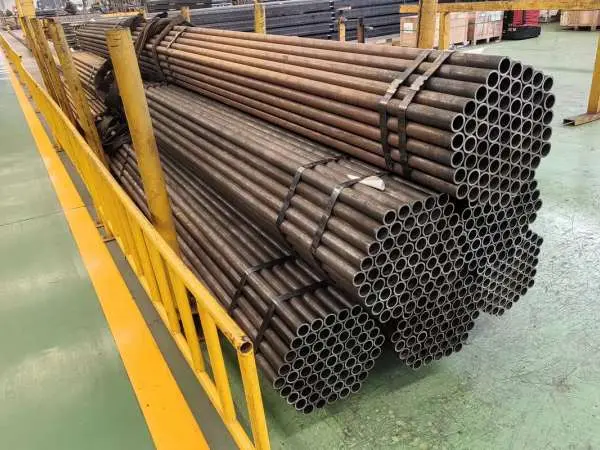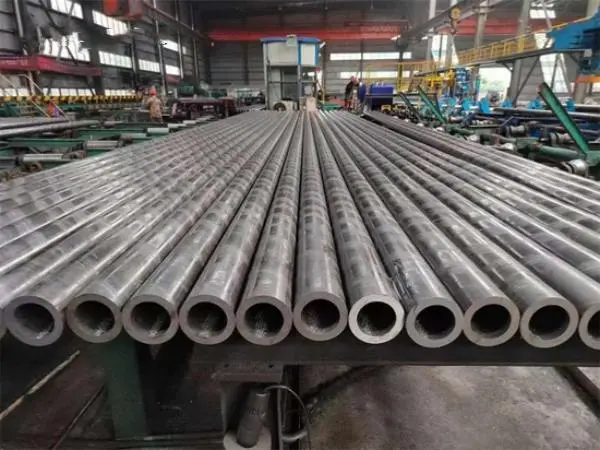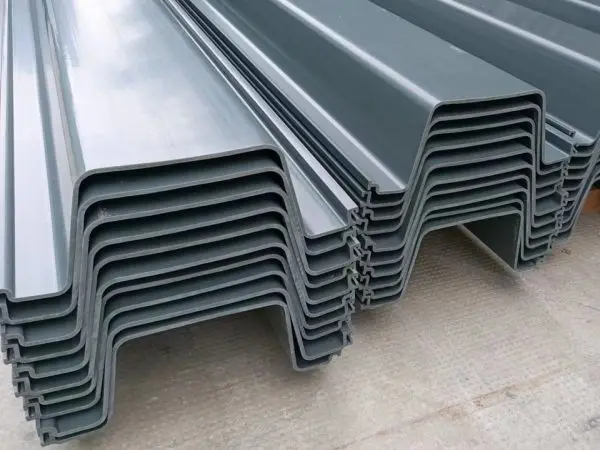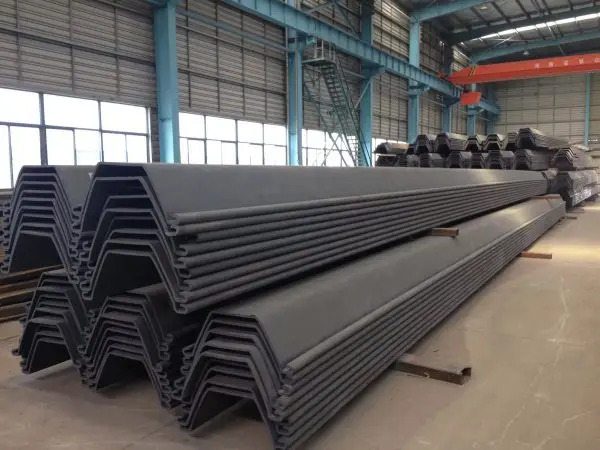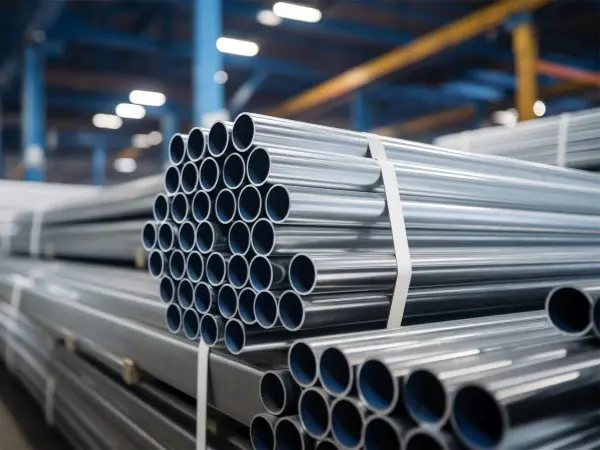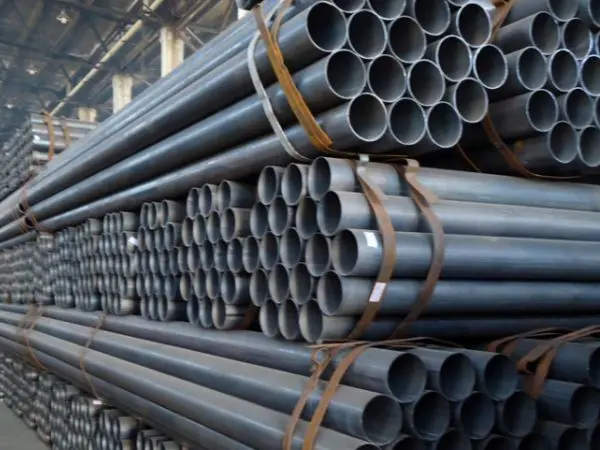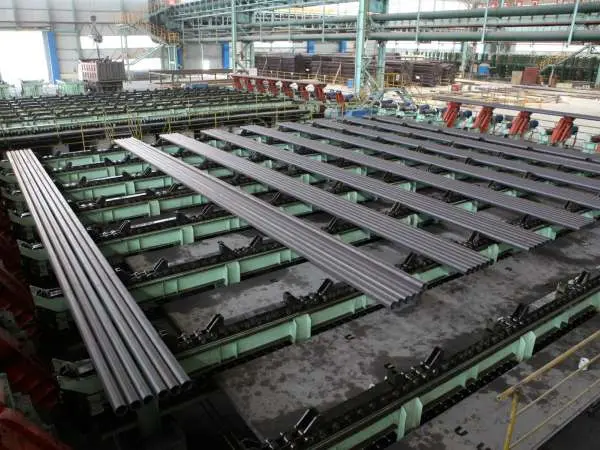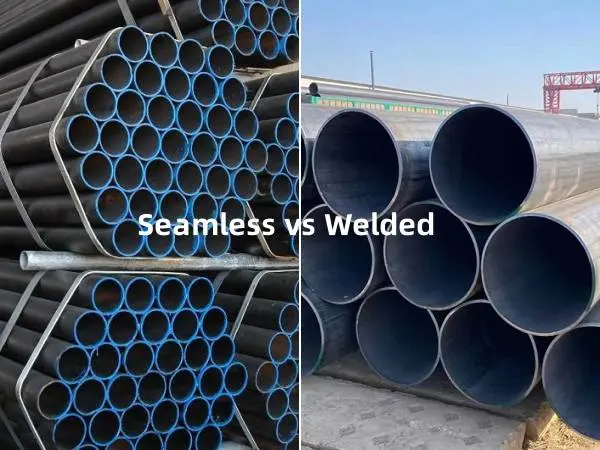-
2025-01-17Product News
Why choose SCH 40 seamless pipes?
The Sch 40 seamless pipe is a type of American standard seamless pipe, characterized by a specific wall thickness grade. The "Sch" in "Sch 40" stands for "Schedule," which refers to the series of pipe wall thicknesses, while "40" indicates the specific wall thickness grade. Due to its excellent strength and stability, Sch 40 seamless pipes are widely used across various industries, including petroleum, chemicals, power generation, and construction. These pipes are commonly employed for transporting fluids like water, oil, and gas, as well as serving as structural support components. This article will briefly introduce why choose SCH 40 seamless pipes.
-
2025-01-17Product News
Application of spiral steel pipe in urban pipelines
Spiral steel pipes are commonly used in urban drainage pipeline systems, which are part of the broader framework of urban water supply, drainage, sewage treatment, and other essential infrastructure. The planning and layout of these systems play a critical role in maintaining a balanced urban water management structure over a given period. An effective water pipeline plan integrates various components of water use and management, such as water supply, sewage treatment, and stormwater management, ensuring that resources are optimized for sustainability.
-
2025-01-16Product News
Seamless steel tube - both economic and environmental protection
Seamless steel tubes stand out not only for their durability and versatility but also for their significant economic and environmental benefits. Thanks to their unique structure and efficient manufacturing process, seamless steel pipes offer both cost savings and a reduced environmental impact, making them an attractive option in various industries.
-
2025-01-16Product News
Anti-rust measures for seamless carbon steel pipes
Seamless carbon steel pipes, known for their unique hollow, seamless structure, are widely used in various industries. They serve as essential pipelines for transporting oil, natural gas, coal gas, water, and certain solid materials. Thanks to their light weight and high strength, these pipes are ideal for pipeline transportation. However, despite their many advantages, seamless carbon steel pipes are susceptible to corrosion. This article explores the causes of corrosion and the anti-rust measures that can help maintain their longevity.
-
2025-01-15Product News
How to choose high-quality boiler tubes?
Selecting high-quality boiler tubes is essential for ensuring the safety, efficiency, and longevity of the boiler system. The right choice of boiler tubes can help avoid costly maintenance and operational disruptions. Here are some important factors to consider when purchasing boiler tubes.
-
2025-01-15Product News
Maintenance of boiler tubes
Boiler tubes play a crucial role in the overall functioning of a boiler system, and their quality directly impacts the safety and operational efficiency of the entire unit. Therefore, it is essential to carefully select and maintain boiler tubes to prevent failure and ensure optimal performance. Here are several important precautions for maintaining boiler tubes.
-
2025-01-14Product News
Steel sheet pile piling method
Steel sheet piles are essential materials in foundation engineering, widely used across various civil engineering projects. Understanding the different piling methods for steel sheet piles is crucial for ensuring project quality and enhancing construction efficiency. This article provides an in-depth look at four common steel sheet pile piling methods, detailing their characteristics and suitability.
-
2025-01-14Product News
Application scenarios of different pile-making methods
Pile-making is a critical component of foundation construction, where various methods are employed depending on factors such as the project scale, environmental conditions, and the surrounding infrastructure. Each piling method has its own advantages and challenges, making it important to select the right technique based on the specific requirements of the site and the desired outcomes. Below, we explore the different pile-making methods, their application scenarios, and key considerations for choosing the most appropriate technique for any given project.
-
2025-01-13Product News
Advantages and application fields of precision mechanical tubes
Precision mechanical tubes are high-precision, high-reliability pipes widely utilized in various industrial sectors. Below are the key advantages and application fields of precision mechanical tubes.
-
2025-01-13Product News
Quality inspection standards for precision mechanical tubes
Precision mechanical tubes must meet rigorous quality inspection standards to ensure their reliability and performance. The primary aspects of quality evaluation are as follows.
-
2025-01-10Product News
Maintenance methods for precision mechanical pipes
The maintenance cycle and methods for precision mechanical tubes and pipes depend on factors such as the operating environment and specific application requirements. The following general guidelines should be adapted to meet the actual conditions.
-
2025-01-10Product News
Performance differences between seamless carbon steel pipe and welded steel pipe
Steel pipes are essential components in various industries, including industrial production, construction, and energy transportation. Among the many types of steel pipes, seamless carbon steel pipes represent a significant category. In addition to seamless pipes, welded steel pipes are also widely used. These two types of pipes have distinct characteristics and performance properties, which makes it crucial to understand their differences when selecting materials for specific applications. Below, we’ll explore the key performance differences between seamless carbon steel pipes and welded steel pipes.
